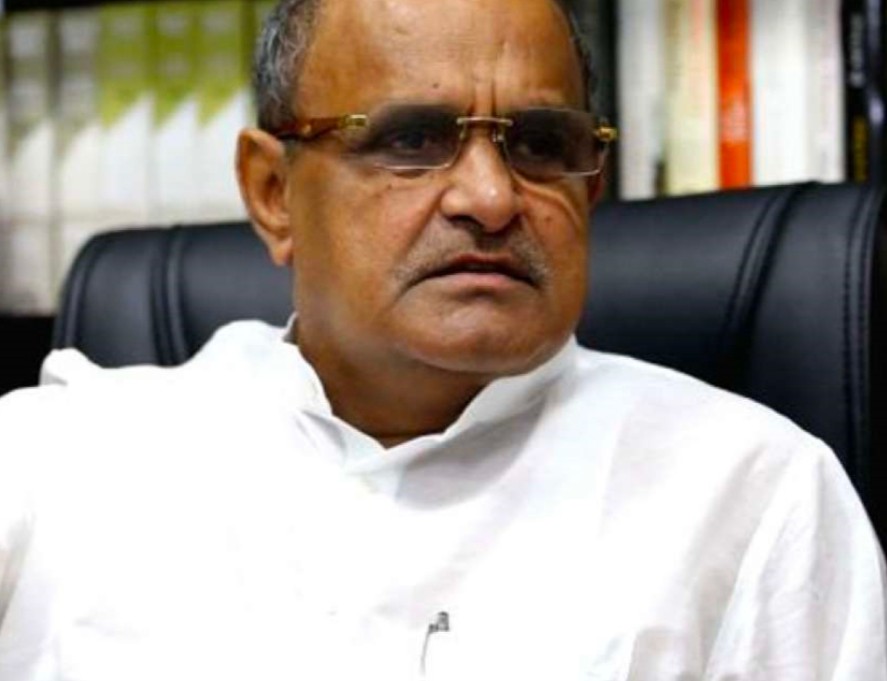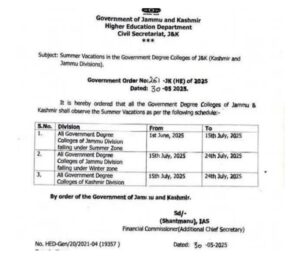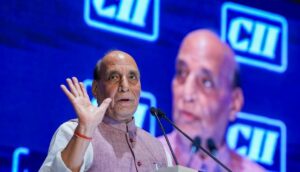JDU Leader KC Tyagi Calls for Review of Agniveer Scheme, Concerns on Uniform Civil Code: What does this implicates??

JDU has made a big statement on UCC, Agniveer Yojana and One Nation One Election. JDU leader KC Tyagi has said that our stand on Uniform Civil Code remains the same even today. We are not against it… there is a need for extensive consultation. There is also a need to rethink about Agniveer although we are together on One Nation One Election. What does this statement of KC Tyagi implicates. Let’s have a look at this
The influence of allies within a coalition government can significantly shape policy discussions and decisions. In the context of the National Democratic Alliance (NDA) in India, the Janata Dal (United) or JDU, led by Nitish Kumar & TDP by Chanderbabu Naidu has historically played a crucial role as an ally. JDU has now made a big statement on UCC, Agniveer Yojana and One Nation One Election. JDU leader KC Tyagi has said that our stand on Uniform Civil Code remains the same even today.
Agniveer Scheme for Army Recruitment
The Agniveer scheme, a part of the Agnipath initiative, is designed to recruit young soldiers into the Indian Armed Forces for a fixed tenure of four years. This scheme aims to modernize the forces and manage the defense budget more effectively by rotating personnel more frequently. However, it has faced criticism regarding job security for the recruits and the potential impact on the military’s operational effectiveness.
JDU’s Stance
JDU leader KC Tyagi has called for a review of the Agniveer scheme, expressing concerns about its implications. The key points of contention according to us include:
- Job Security: The short-term tenure may leave many young recruits uncertain about their future career prospects after their service period ends.
- Skill Utilization: There are concerns about how effectively the skills acquired during the service period can be transitioned to civilian jobs.
- Operational Readiness: Questions have been raised about whether a constantly rotating personnel base can maintain the necessary level of experience and cohesion within the forces.
Uniform Civil Code (UCC)
The Uniform Civil Code aims to replace personal laws based on the scriptures and customs of each major religious community in India with a common set governing every citizen. This has been a contentious issue, touching upon the secular fabric of the country and the rights of various communities to maintain their distinct identities.
JDU’s Position
KC Tyagi has also expressed reservations regarding the Uniform Civil Code. According to experts concerns primarily revolve around:
- Cultural Sensitivity: The implementation of a UCC could potentially disrupt the cultural and religious practices of various communities.
- Constitutional Rights: There are apprehensions about the potential infringement on the constitutional rights of religious minorities.
- Social Harmony: Imposing a uniform code might lead to resistance and social unrest among those who view it as an attack on their traditional and religious norms.
Broader Implications
The statements by KC Tyagi reflect the growing influence of allies like the JDU in shaping the policy agenda even before the formal establishment of the government. These calls for reviews and reconsiderations highlight the need for coalition partners to address the concerns of their constituencies while participating in the governance process. The influence of the JDU suggests a more consultative and possibly more contentious policy-making environment within the NDA, where the central government’s initiatives may be subject to greater scrutiny and debate.
Conclusion
The JDU’s call for a review of the Agniveer scheme and its cautious stance on the Uniform Civil Code underscore the complexities within coalition politics. These positions illustrate the balancing act required to maintain coalition unity while addressing the diverse interests and concerns of the constituent parties and their supporters.





